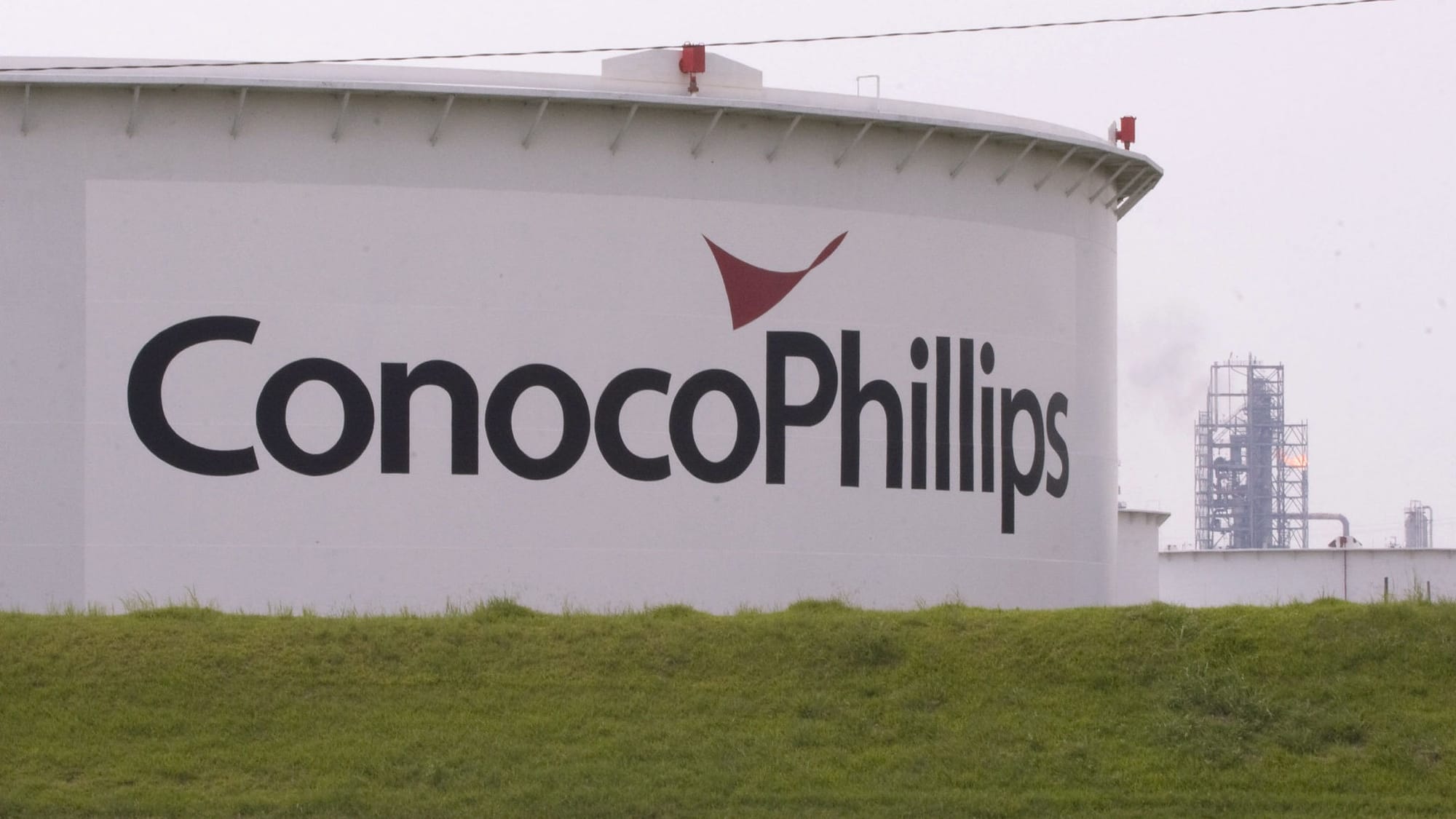ConocoPhillips' Exit from Sarawak Oil Project: A Wake-Up Call for Malaysia's Energy Sector

In a move that's sent shockwaves through Malaysia's oil and gas industry, ConocoPhillips has pulled the plug on its $3.1 billion Salam-Patawali deepwater oil and gas project in Sarawak. This isn't just a minor setback; it's a major wake-up call for the country's energy sector, highlighting the urgent need for stability and clarity in regulation.
According to Singapore's CNA, the news of the withdrawal initially surfaced on April 15 through Upstream Online, a prominent industry news source, but has received little to no coverage in Malaysian media outlets.
ConocoPhillips' decision to withdraw from the Salam-Patawali project came as a surprise to many. The project, a 50-50 joint venture with Petronas, was expected to be a game-changer for Sarawak's economy. But regulatory uncertainties and the ongoing rift between the Sarawak state government and Petronas have created an environment that's anything but investor-friendly.
Regulatory Uncertainty: The Elephant in the Room
At the heart of the issue is the power struggle between Sarawak and Petronas. Sarawak, rich in oil and gas reserves, is demanding greater control over its resources. This spat has led to a climate of uncertainty, making foreign investors like ConocoPhillips think twice about committing to long-term projects in the region. The dispute has even sparked allegations of corporate espionage, adding another layer of complexity to the situation.
Shift in Focus: Sabah Takes Center Stage
With the withdrawal from Sarawak, ConocoPhillips is now shifting its focus to neighboring Sabah, where it already has established operations. This move is part of a broader "country strategy review," indicating a significant shift in the company's priorities. It's a clear sign that ConocoPhillips is looking for greener pastures, quite literally, where the regulatory environment is more stable and predictable.
Economic Setback for Sarawak
The pullout is a serious setback for Sarawak's economy. The Salam-Patawali project was expected to peak production in 2028 and was crucial for the state's economic growth. With ConocoPhillips out of the picture, Sarawak now faces the challenge of finding a replacement contractor to keep the project alive.
The ongoing tensions between Sarawak and Petronas aren't just hurting foreign investor sentiment; they're also highlighting the need for a resolution to maintain economic stability. The dispute has already led to legal skirmishes, with Petros, Sarawak's oil and gas company, challenging Petronas' monopoly. This power struggle is making it difficult for foreign investors to commit to long-term projects in the region.
The Road Ahead
The future of Sarawak's oil and gas sector hinges on resolving these disputes and providing a stable regulatory environment. The government and industry stakeholders need to work together to address these challenges and secure Sarawak's economic future. It's a tall order, but it's crucial for attracting and retaining foreign investments.
ConocoPhillips' withdrawal from the Salam-Patawali project is a wake-up call for Malaysia's energy sector. It's a reminder that regulatory stability and clarity are essential for attracting foreign investments. As the country grapples with growing economic headwinds, it's more important than ever to create an environment that's conducive to long-term investment and growth. The ball is in the government's court, and the time to act is now.


